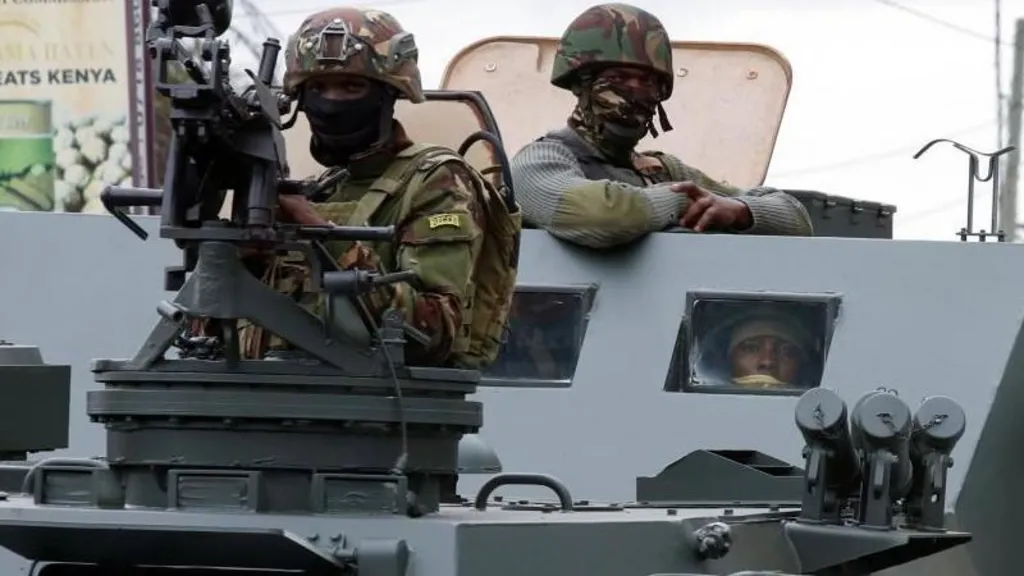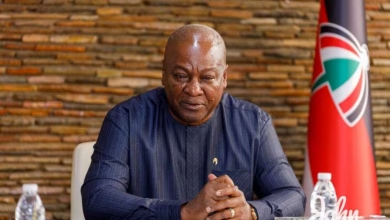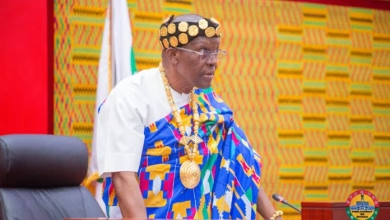Kenya’s High Court has authorized the use of the military to quell ongoing anti-tax protests. This follows days of unrest where overwhelmed police struggled to maintain order.
The nationwide protests, led primarily by young Kenyans, have resulted in over 20 reported deaths. Protesters, angered by proposed tax increases, even threatened to storm the presidential palace in Nairobi.
The judge approved the deployment but emphasized the need for clarity on its duration and rules of engagement. He warned against unchecked military use, fearing it could lead to a more militarized state.
The Law Society of Kenya, who opposed the military intervention, expressed disagreement while respecting the court’s decision.
Facing immense pressure, President Ruto caved in and withdrew the unpopular tax bill. This move came after parliament was attacked and set ablaze by protesters.
Government spokesperson, Isaac Mwaura, described the withdrawal as a significant blow to the budget, leaving a major financial gap. He blamed the public’s rejection on “misinformation” campaigns.
The proposed tax increases aimed to address the country’s debt burden, as demanded by international lenders like the IMF. Many protestors remain skeptical of the president’s commitment to austerity measures announced alongside the tax bill withdrawal.
Reports of brutal crackdowns have further fueled public outrage. A doctor’s association claims at least 23 fatalities, with the Law Society of Kenya reporting hundreds of arbitrary abductions by state agents. Many victims display no physical injuries but are deeply traumatized.
The state-funded Human Rights Commission intervened to secure the release of over 300 illegally detained individuals. The Chief Justice denounced these abductions as an attack on the rule of law, a condemnation echoed by Deputy President Gachagua.
However, Mr. Mwaura maintains that “criminal elements” aiming for a coup attempted to exploit the peaceful protests.




